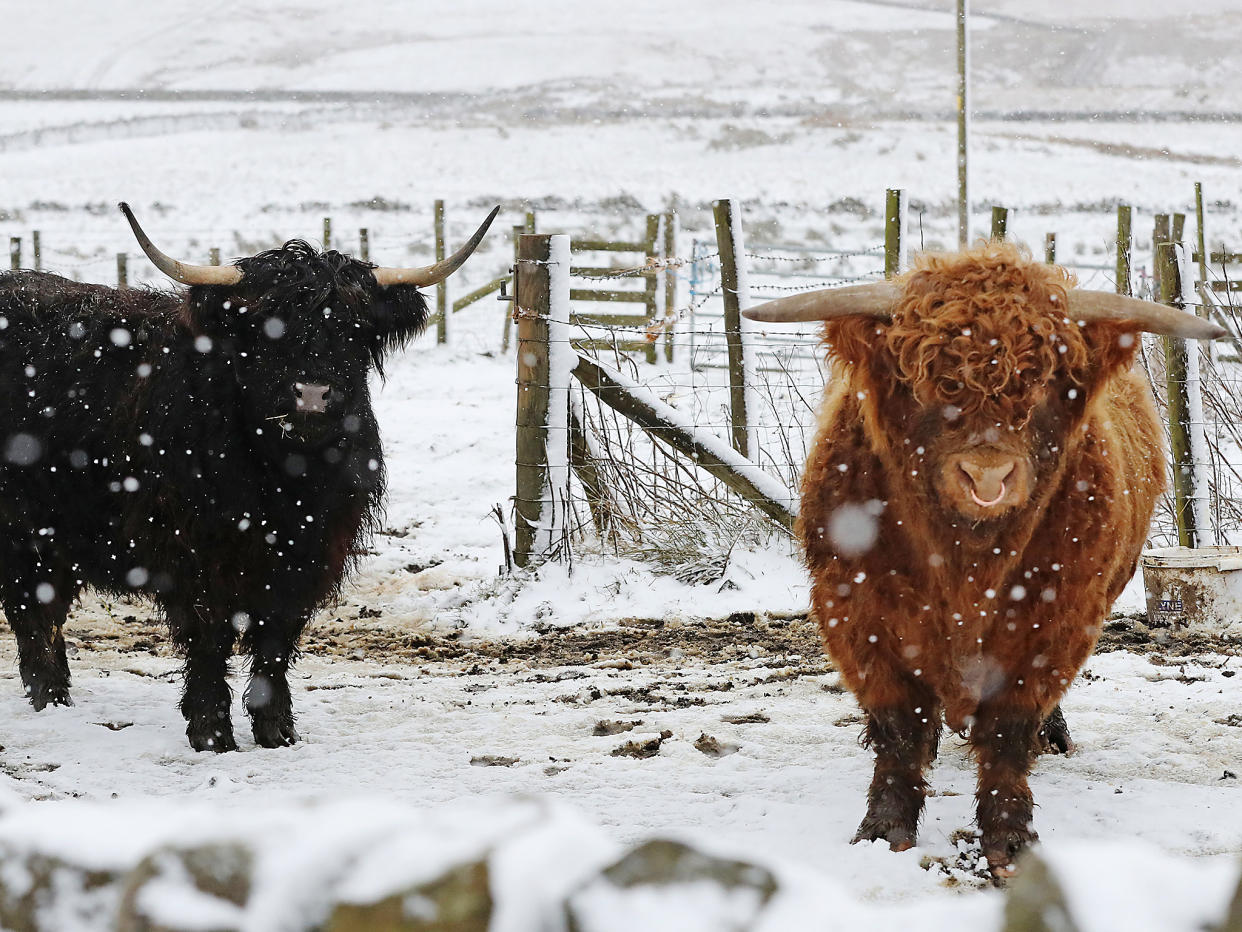More people in Scotland believe in climate change than in England or Wales

More people in Scotland believe climate change is real than in England, according to a new survey.
A poll by ComRes, commissioned by the Energy and Climate Intelligence Unit (ECIU), found 64 per cent of people thought global warming was happening and was primarily caused by human activity, such as burning fossil fuels.
In Scotland 69 per cent of respondents agreed this was true, compared to 67 per cent in Wales and 63 per cent in England.
Within England, London had the largest share of the population who think climate change is real on 71 per cent, compared to the lowest figure of 57 per cent in the North East.
There was also a clear age-related pattern with 73 per cent of 18-24-year-olds backing the scientific consensus compared to just over half (54 per cent) of those aged 65 or over.
Some 34 per cent of the older age group said climate change was happening, but humans were not actually responsible for it.
Very few people of any age group thought climate change was not happening at all, ranging from two to five per cent.
The overall figure of 64 per cent shows growing support for the idea that humans are causing the planet’s climate to change, up from 57 per cent in 2014 and 59 per cent in 2015, when ComRes asked the same questions.
Andrew Hawkins, chairman of ComRes, said: “Over just three years there has been a discernible shift in public opinion towards acceptance that climate change is both happening and mainly caused by human activity.
“Seven in ten now believe that almost all, or a majority, of climate scientists believe the same.
“The significance of this is that the public are becoming increasingly willing to see polluting energy sources phased out, to adopt alternative technologies and accept public policy changes to shift behaviour.”
Professor Joanna Haigh, co-director of the Grantham Institute at Imperial College London, welcomed the news that the public realised that global warming is happening.
“For people who have worked on climate change for decades, the finding that people recognise the sheer weight of scientific evidence is extremely heartening,” she said.
“But as the climate system sends increasingly urgent signals of the stress it is coming under, this understanding must be turned into action to address to the problem.
“We have the means to avoid the very worst impacts of climate change, and create a cleaner, healthier society – all it takes is the will.”
The ComRes survey also found that harm to wildlife and nature and an increase in flooding were key concerns for the majority of British people (80 per cent and 73 per cent respectively).
Three in five are concerned about an increase in variation of availability and price of some foods.
Marylyn Haines Evans, of the National Federation of Women's Institutes (NFWI), agreed that climate change was a growing concern.
“Like the rest of the British public, WI members are becoming increasingly concerned both about the impact that climate change is having now, and that it will have on our children and grandchildren,” she said.
“The loss of British wildlife and the impact on our countryside is one of their biggest worries. Increased risk of flooding, and the impact the changes to the climate can have on the cost of food, also highlight how the problem is becoming all too real to British people.”
ComRes interviewed 2,045 British adults online on 1 and 2 February. The survey and data table can be found at www.comres.co.uk.

